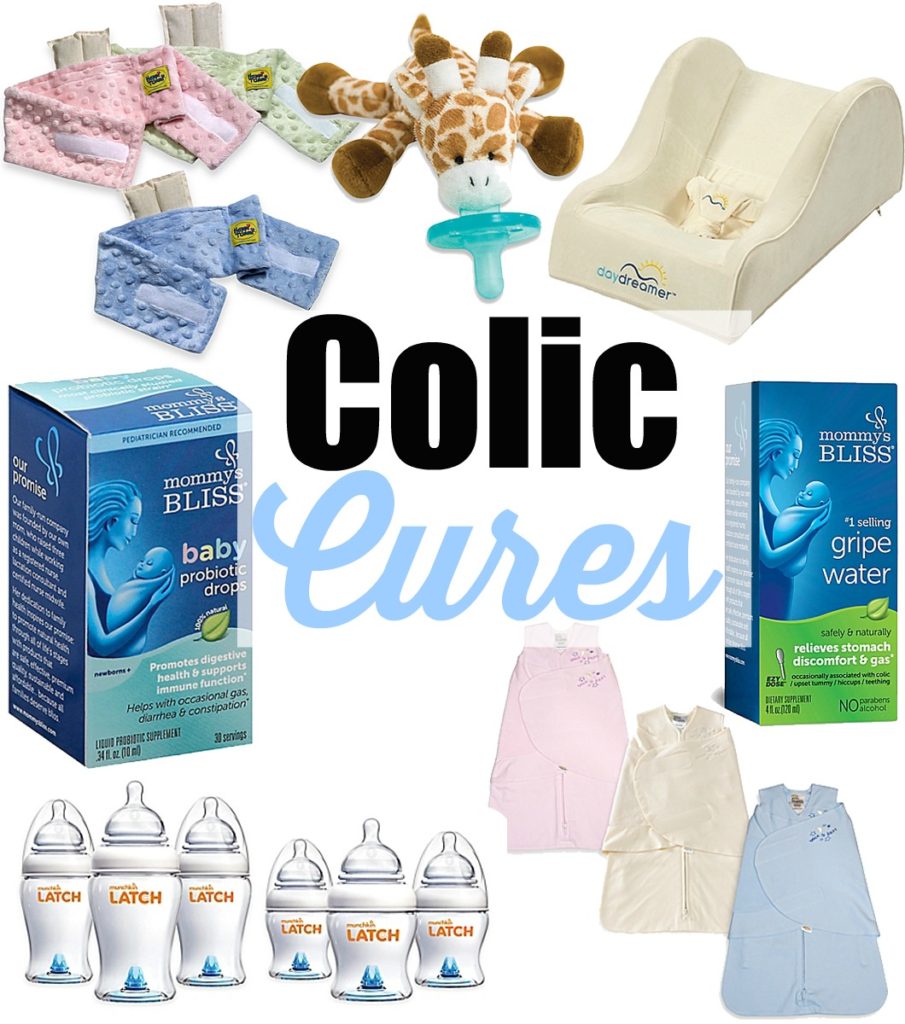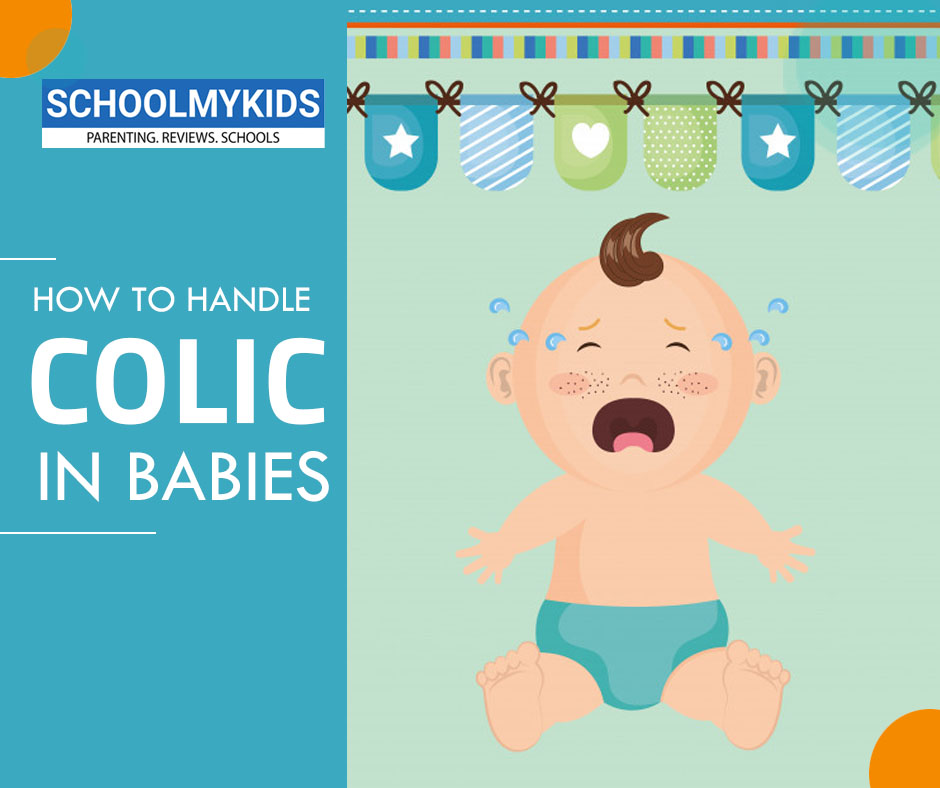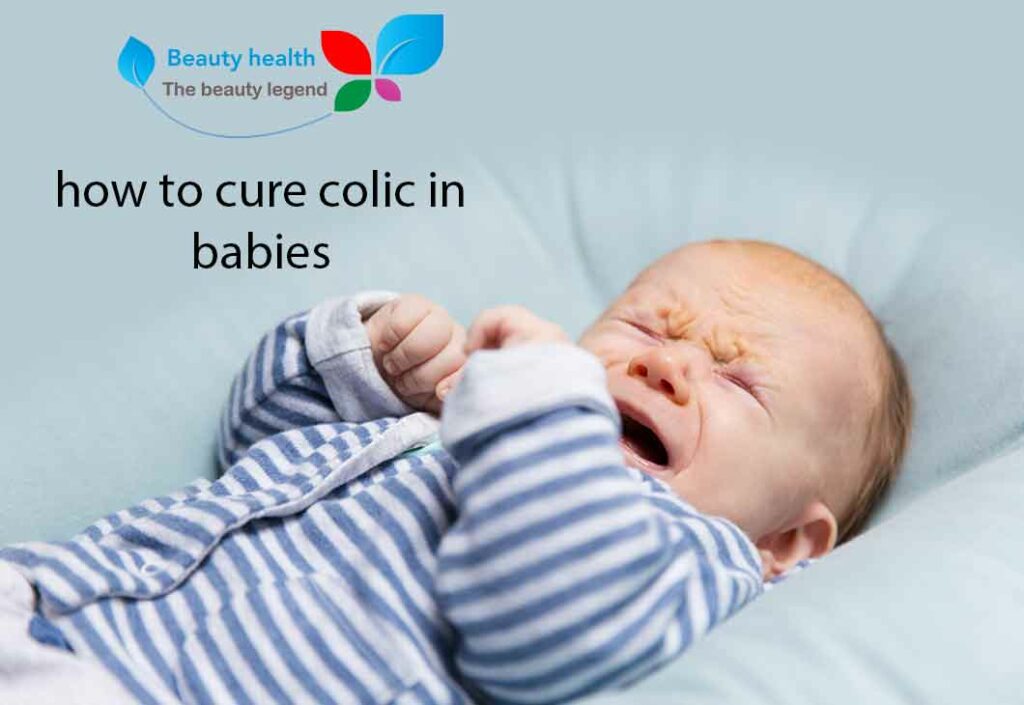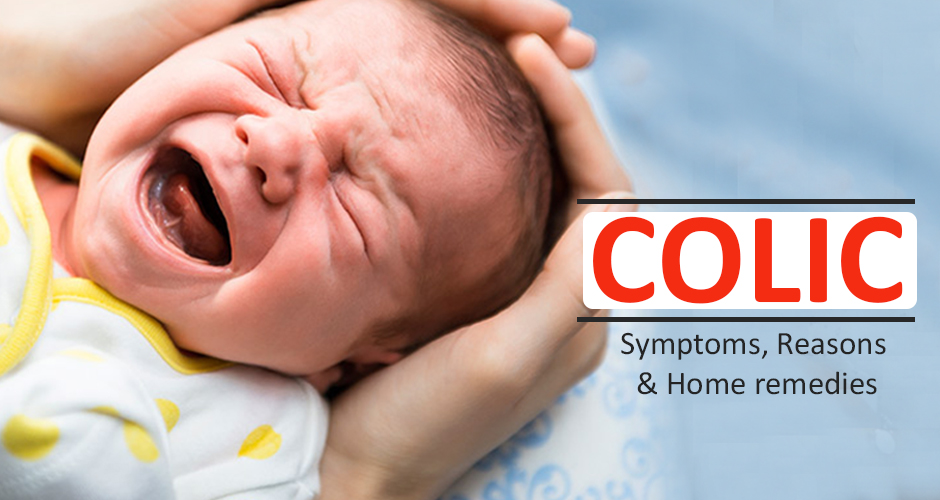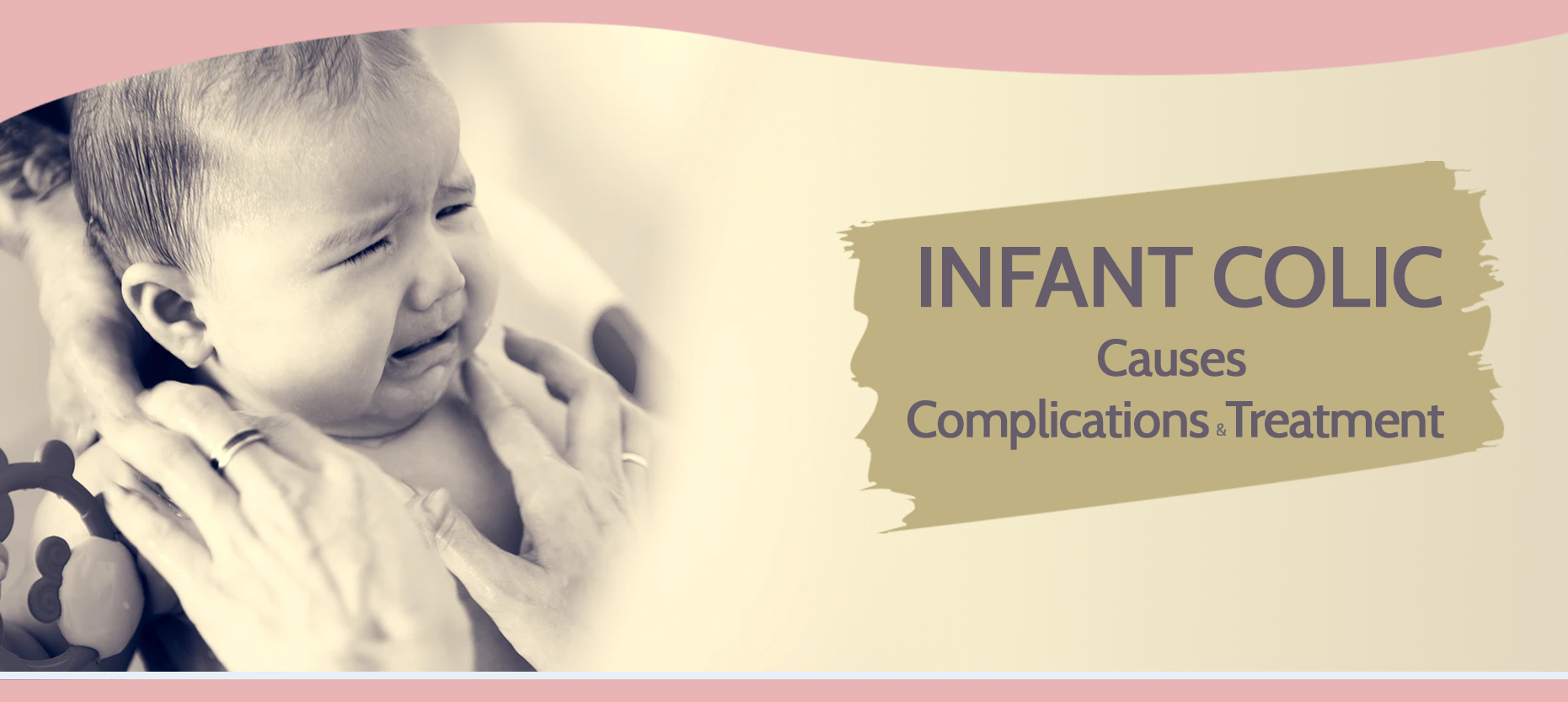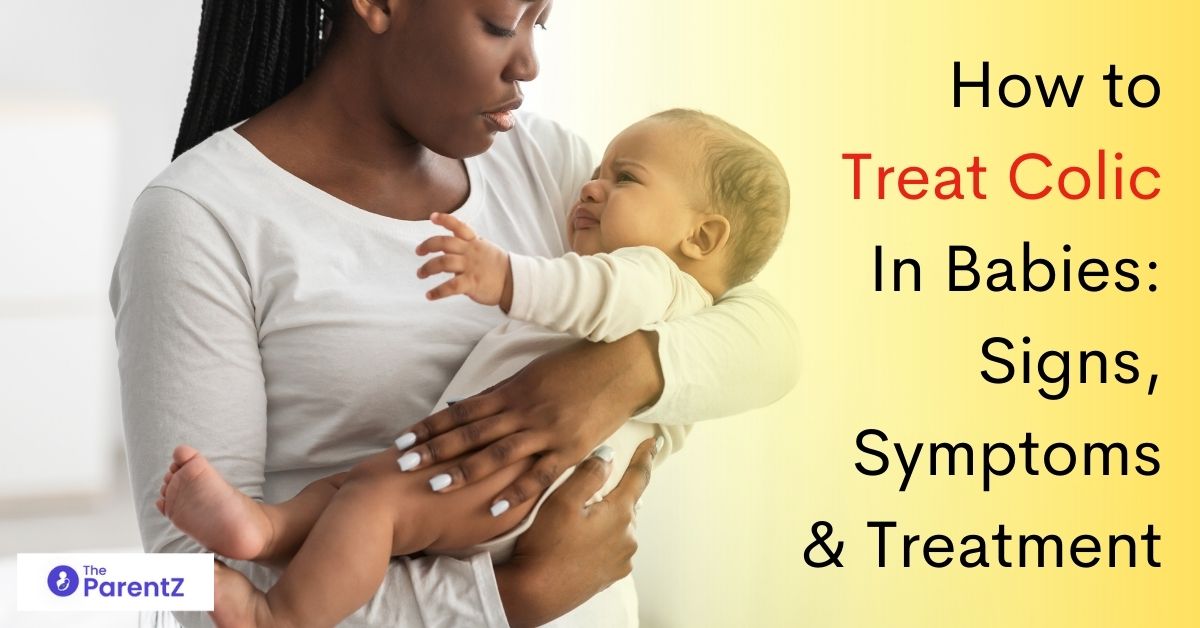Stunning Tips About How To Treat Colic In Babies

How to soothe your colicky crying baby.
How to treat colic in babies. Desperate parents have tried a slew of purported colic remedies to soothe their colicky babies, such as midnight car rides, massage, acupuncture, battery. Your baby does not usually need to see a doctor if they have colic. It is most common during the first 6.
How to treat a colicky baby. Cry the most in the evening or late afternoon. Close health conditions and diseases colic what is colic?
Colic is when a healthy baby cries for a very long time, for no obvious reason. If your baby has colic, they. Key facts some experts believe that colic occurs in all babies, but what differentiates it from baby to baby and from being diagnosed as “colic” is to what degree the baby.
Milk allergy many health conditions can look like colic. If you're worried about your baby, your doctor can do a full exam to rule out other problems like: If it does end up being baby colic, thankfully, there are some simple soothe a colic baby naturally and reduce or eliminate colic symptoms.
Remember that colic is common, and it won't last forever. Just give each a fair shot before you switch to another (and don't pull out too many tricks at one time, or you'll overload baby's circuits — and step up the crying you're trying to. Gain weight normally.
Keep track of what you eat and drink. There are also things you can try to help soothe your baby and reduce their crying. How is colic treated?
2.9k found this helpful key points colic is when babies cry and fuss a lot, for no obvious physical or medical reason. Sing and talk softly to your baby. Many parents feel helpless and confused about what to do to help treat their colicky baby.
Establishing a soothing routine can help create a sense of security and calmness. However, you may be able to comfort your baby and shorten crying episodes if you’re. Because the cause can vary, there are no proven treatments for colic.
Speak to your health visitor for advice and support. Swaddle your baby in a soft blanket. There are ways you can avoid these triggers.
See a doctor if you notice any additional symptoms like vomiting or a fever. An infection acid reflux or. Feeding your baby if you’re breastfeedingyour baby:



